D'var Torah
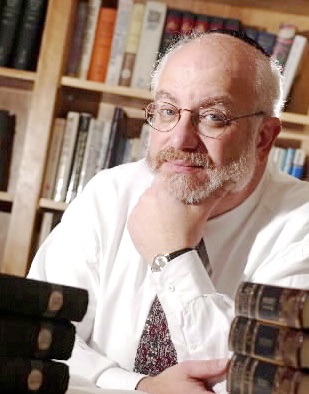
Never Forget the Hungry
This week’s Parashah, Miketz, contains the well known story of Joseph interpreting Pharaoh’s dreams about the seven fat cows being devoured by the seven skinny cows and the seven healthy sheaves of wheat being displaced by the seven sickly sheaves. Joseph, brought out of his prison cell to interpret the dreams, goes farther and advises Pharaoh...
more
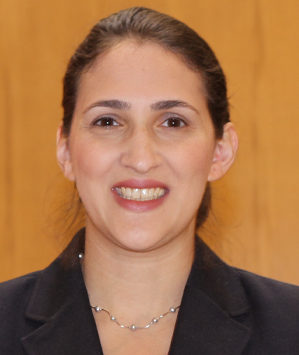
Opening the Narrow Straits with Advance Care Planning
We have come to the end of Genesis, and with it the conclusion of the stories of our matriarchs and patriarchs. For the last several weeks we have been engaged with the stories of the children of Jacob, focusing mainly on his favored son, Joseph. Now Joseph is on his deathbed. We are privy to...
more
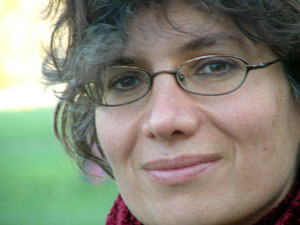
Inescapable Face
“There is a commandment in the appearance of the face, as if a master spoke to me. However, at the same time, the face of the Other is destitute; it is the poor for whom I can do all, and to whom I owe all. “ —Emmanuel Levinas Rabbi Joshua, the son of Levi, said: at...
more
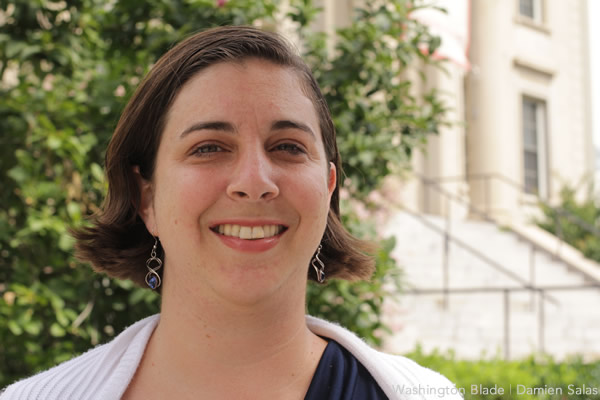
Velcro, Leather, & String: Towards A New Understanding of Gender and Embodied Mitzvot
“And if you do obey these rules and observe them carefully, YHVH your God will maintain faithfully for you the covenant…” (Deuteronomy 7:12) “Therefore impress these My words upon your very heart: bind them as a sign on your hand and let them serve as a symbol on your forehead…” (Deuteronomy 11:18) “That shall be...
more
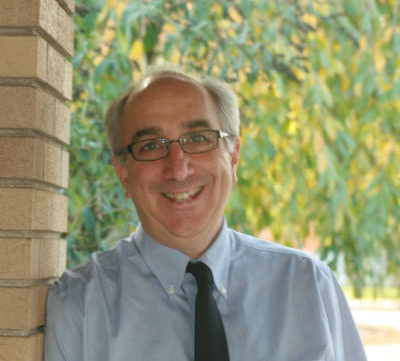
The Other Side of Shmita
In Hebrew there is an etymological connection between the words “peace” and “pay”. The root of each, shin lamed mem, has lent merit to the quip that “if it is not paid for there is no peace.” One cannot be shalem/whole or complete if one is in debt. Over the years I have certainly felt...
more
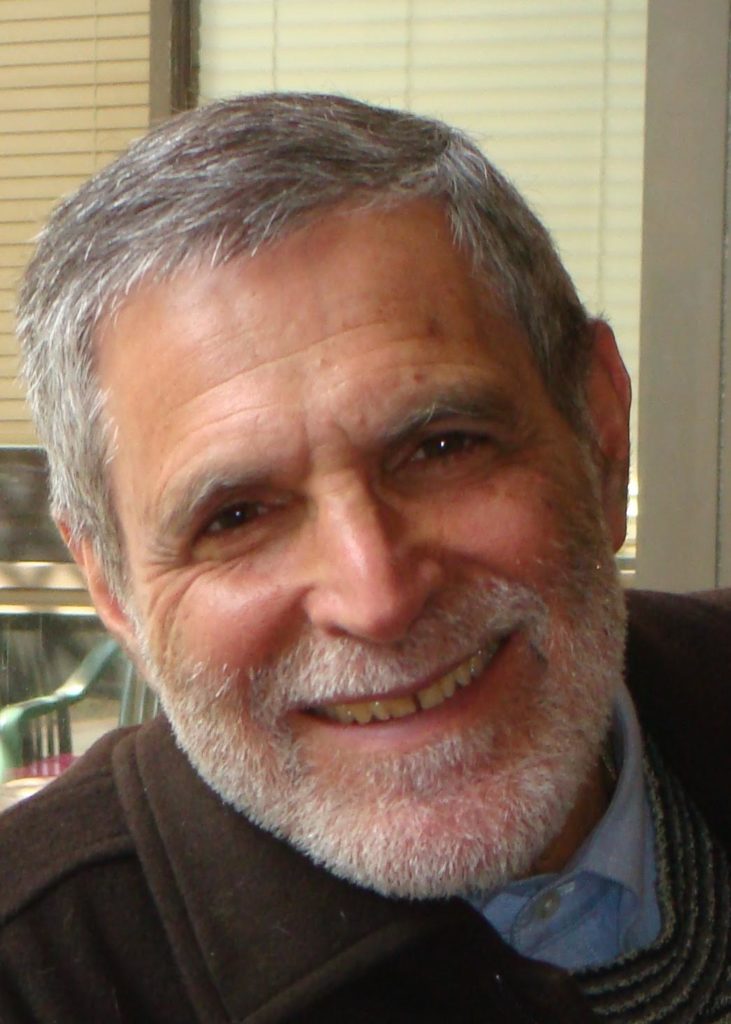
The Pursuit of Justice
This week’s parshah opens with the command, “Give yourself judges and administrators to carry out just decisions…” (Deut. 16:18) On the face of it, this seems to be about how society should be ordered. It needs police, judges, lawyers, and a whole mechanism of justice in order to function rightly. Rather than each individual carrying...
more
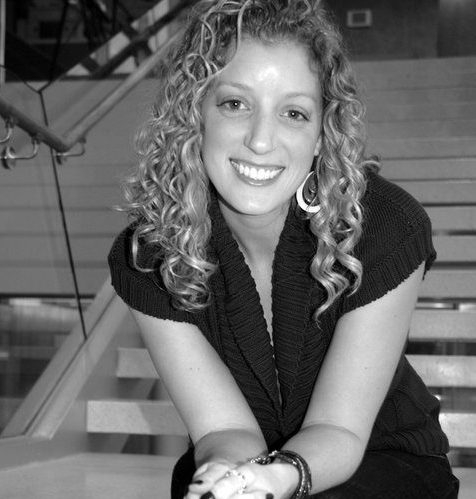
The Just Harvest of Summer
The intoxicating smell of ripe fruit is just too enticing. My niece takes a bite from one of the peaches we have been picking from an orchard this morning. As the juice runs down her chin, she gives me a sheepish smile as if asking if it is OK for her to be doing this....
more

Hearts and Mines
There is a delightful tale from Afghanistan of a Jew who went out into the world in order to fulfill the commandment, “Justice, justice shall you pursue.” The man was certain that somewhere justice must exist, so he spent his life searching for it. He visited faraway villages, great cities, fields and farms, but still...
more
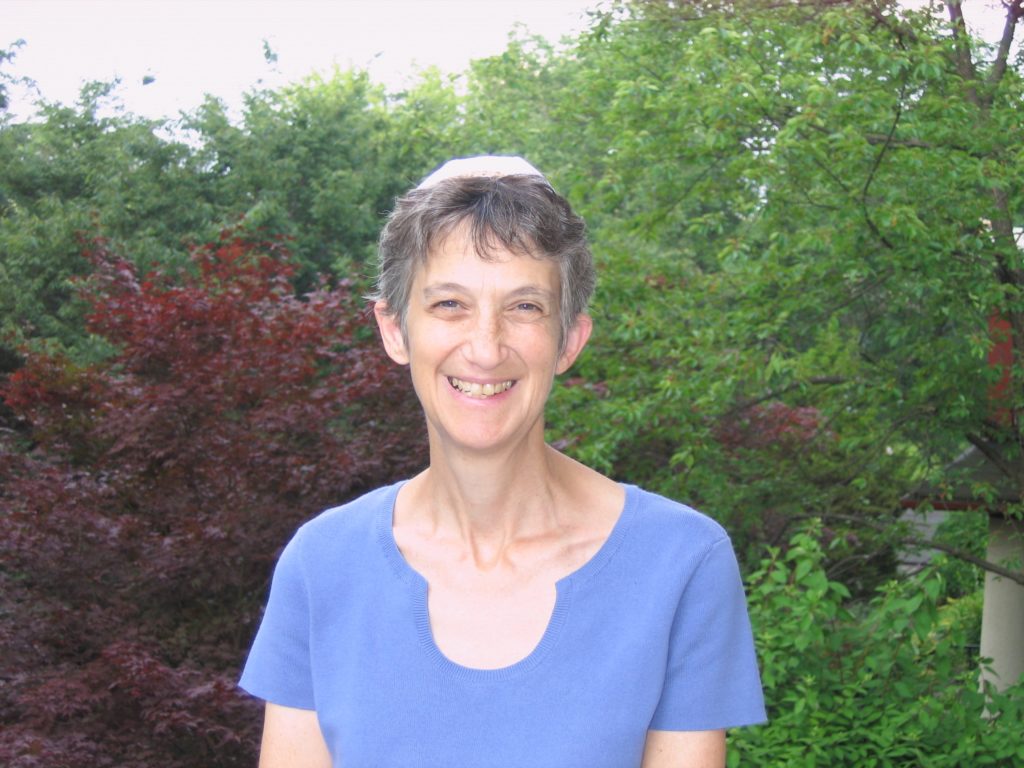
Believing in Things We Have Never Seen
“Hope is essential to our capacity to create justice. We have to believe in things we have never seen.” These are the words of Bryan Stevenson, founder and executive director of the Equal Justice Initiative, an advocacy group that opposes mass incarceration and racial injustice. In the face of the racially motivated murder of nine...
more
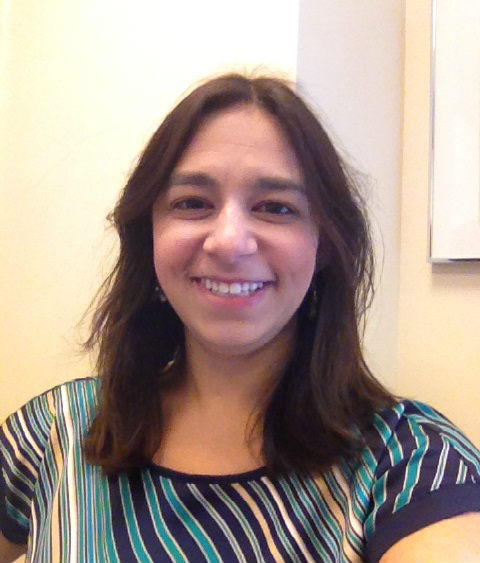
Does the Punishment Fit the Crime?
As my 8 month old son becomes more mobile and is more interested in engaging with his 2 ½ year old sister, the discussions about pushing and hitting have ramped up in my house. What’s most frustrating is that I know my daughter loves my son. She wakes up every morning wanting to know where...
more
